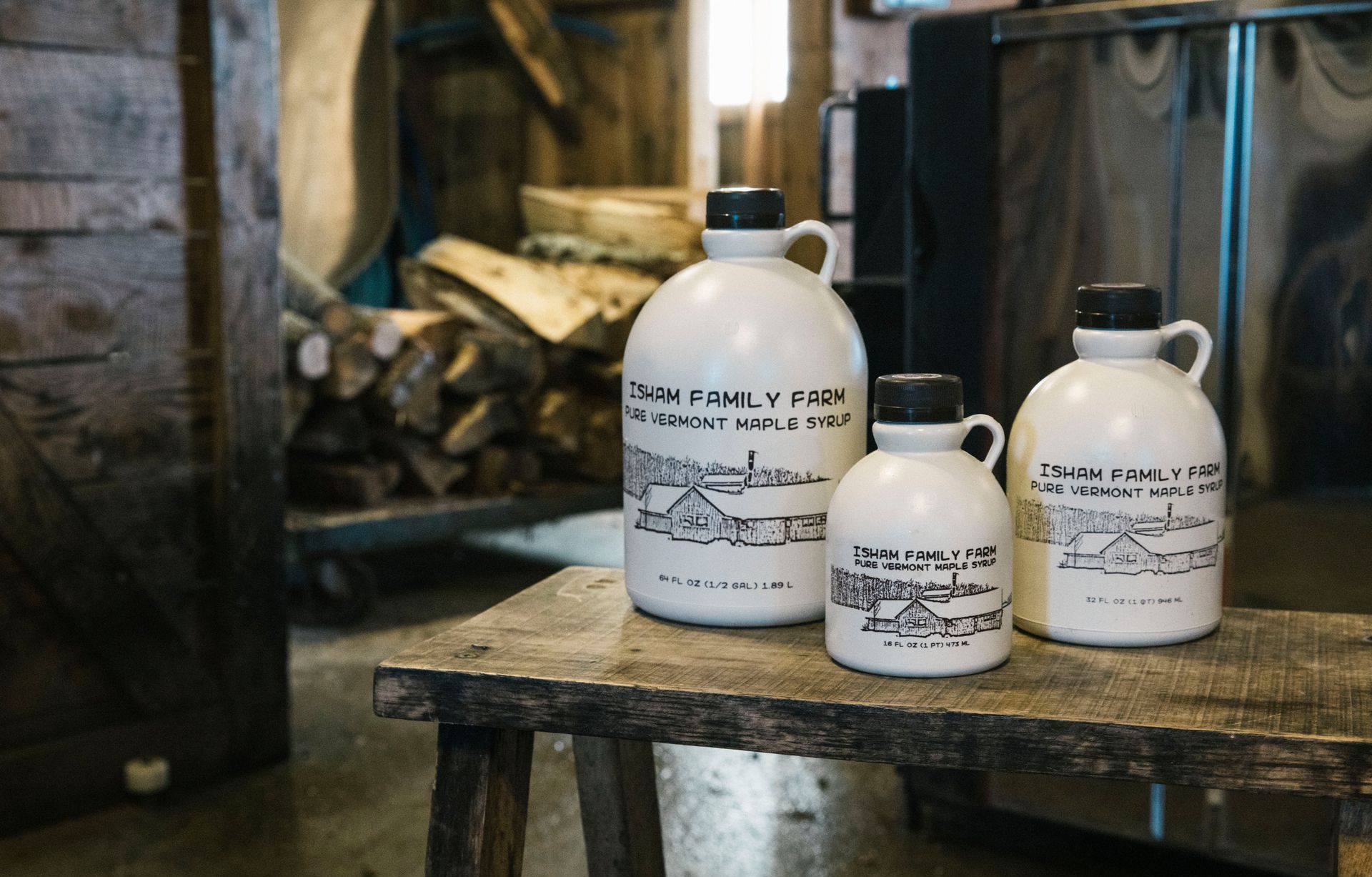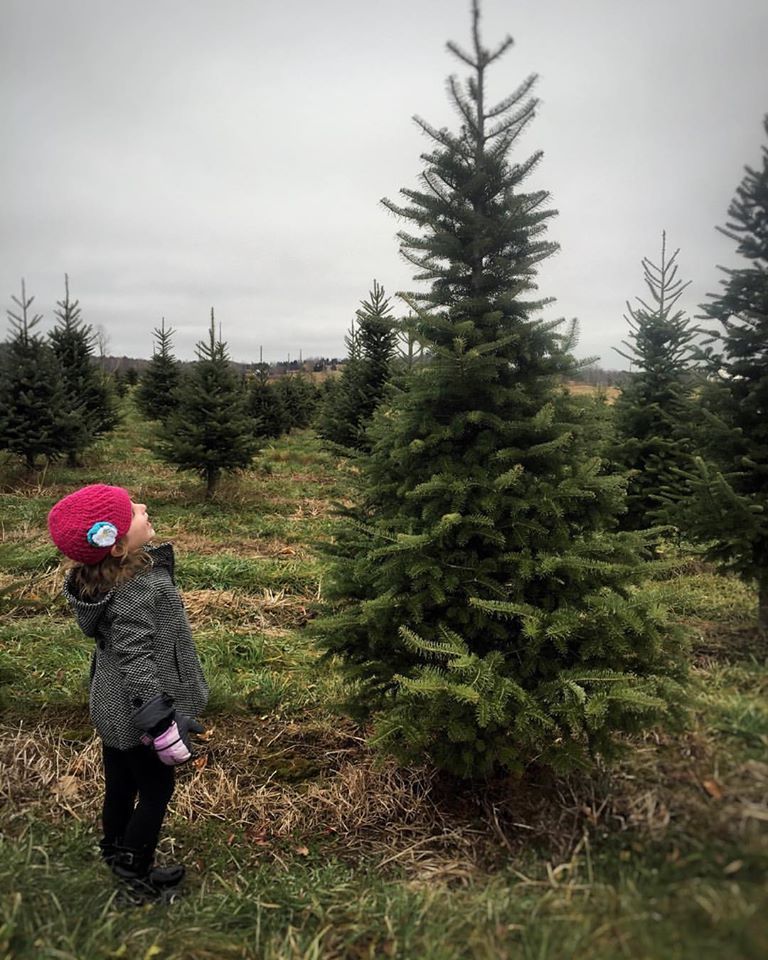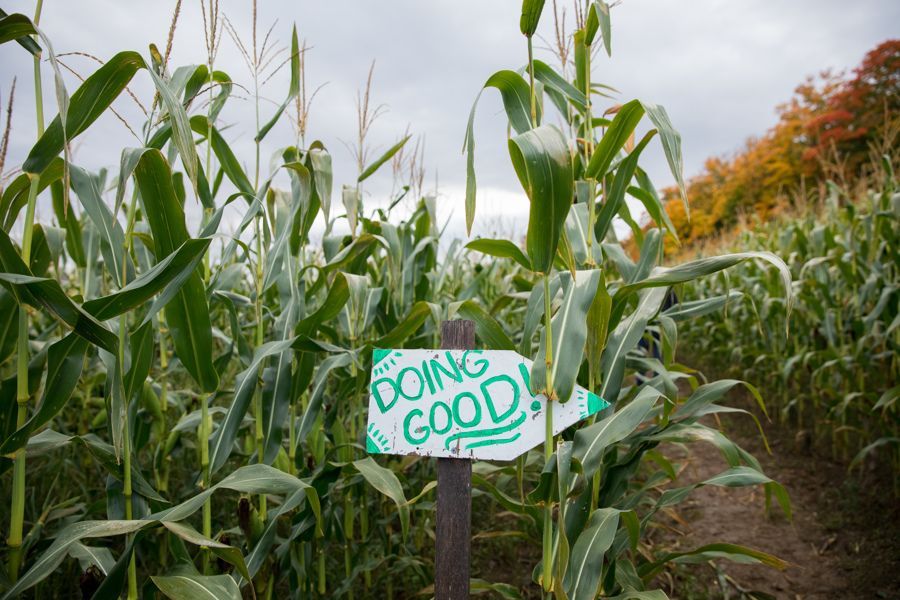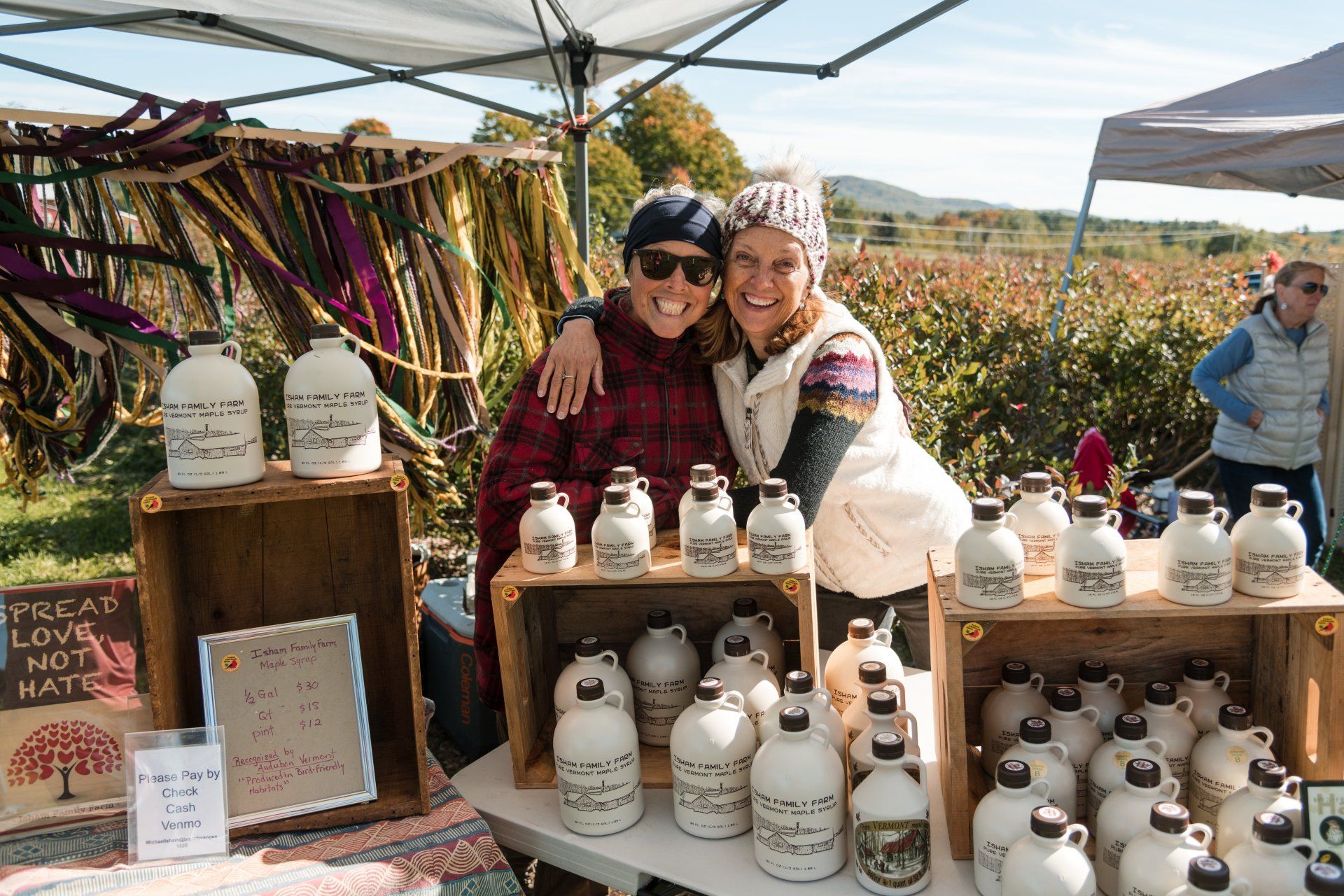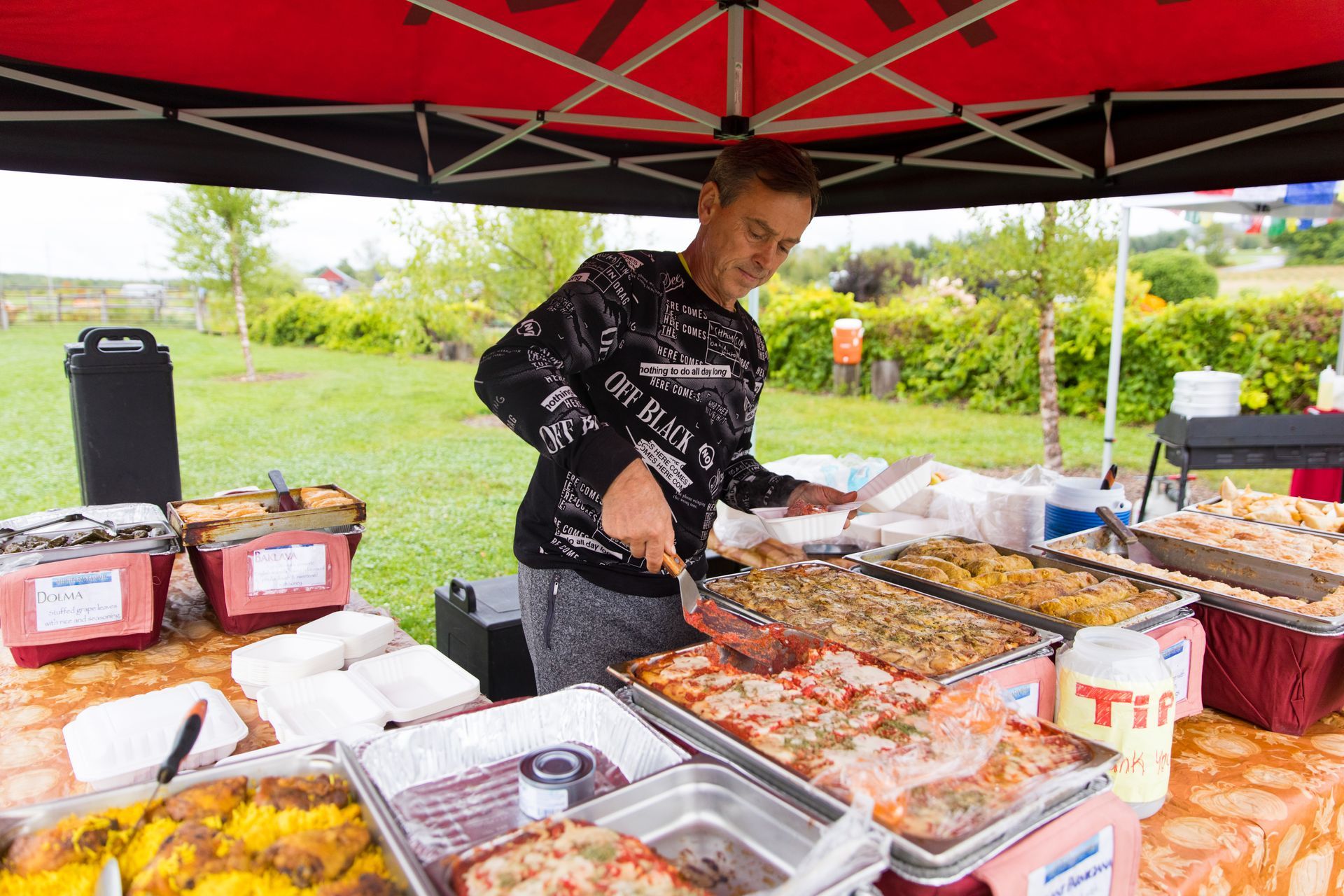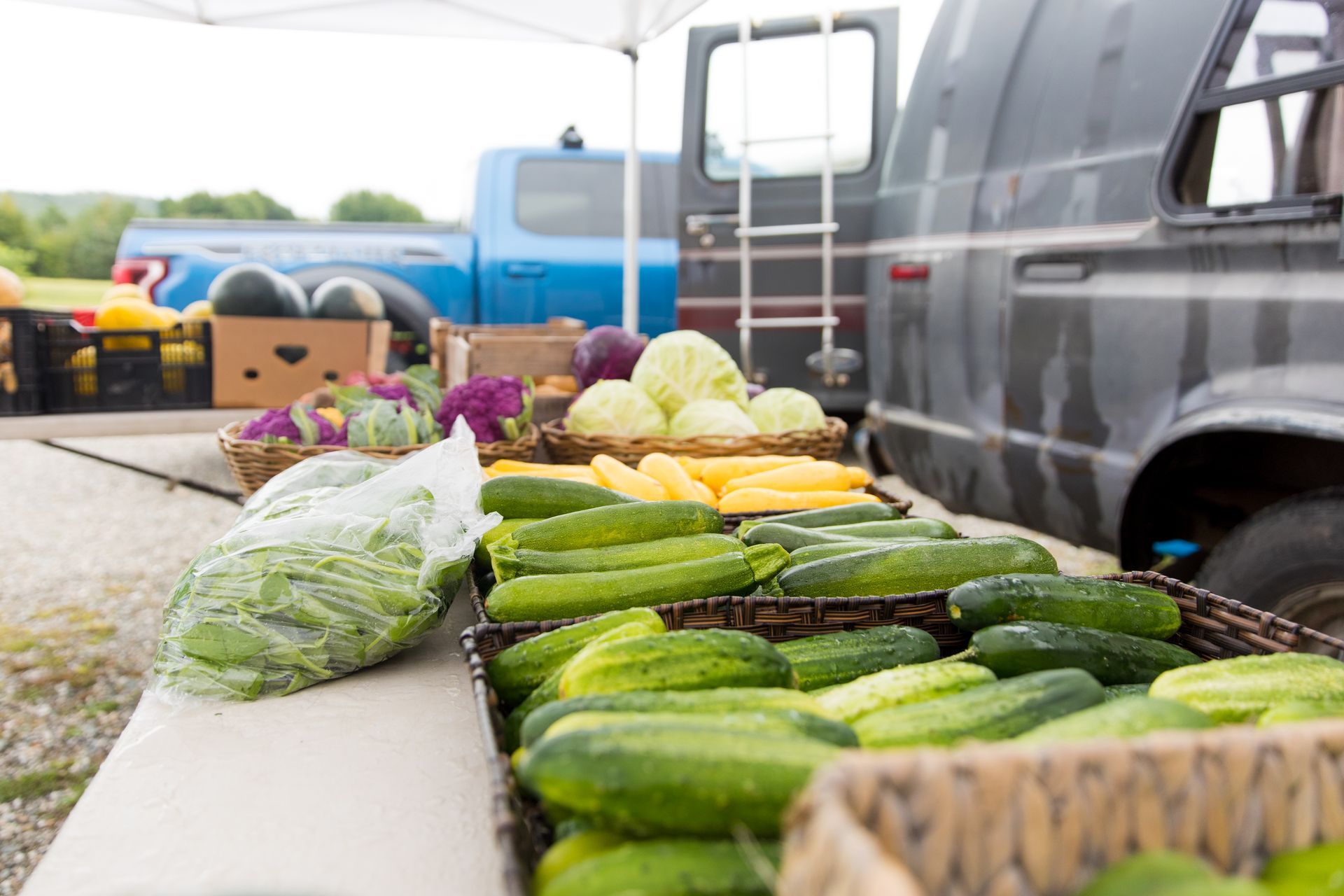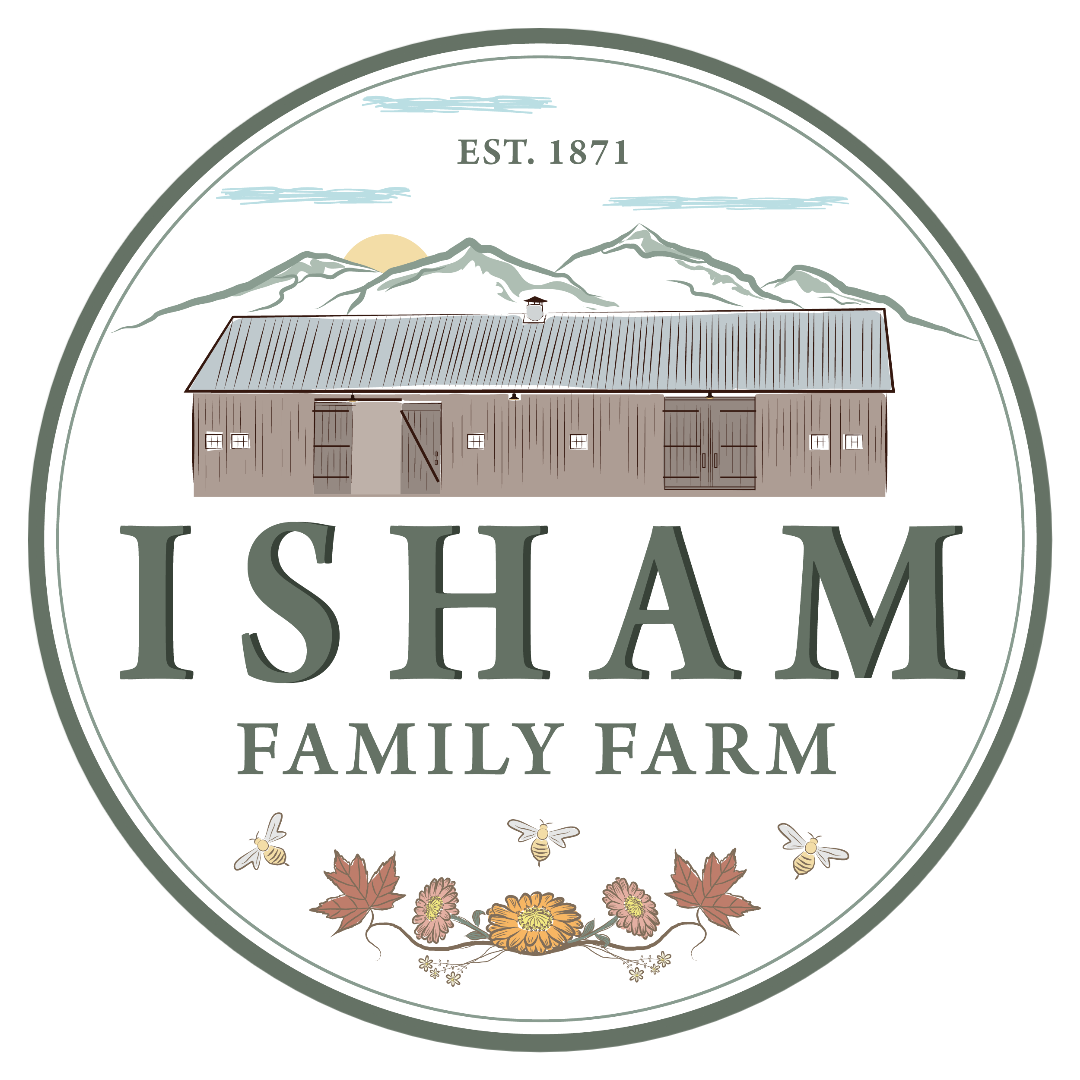Farmer's Markets are Essential, but They Require Greater Help
For many, farmers' markets bring healthy options to low-income, food-insecure places and make fresh produce more affordable. Many accept federal nutrition benefits (including SNAP and WIC) and allow low-income families to maximize these benefits through programs such as Double Up Food Bucks, Produce Plus, Market Match, and Market Money. Others also offer health information and critical linkages to health-related services, education programs, and community development organizations. (1)" Unfortunately, these same markets still need more government and private assistance to reach their full potential in serving their communities.
Burlington farmers market provides a direct connection between farmers and consumers, supports the local economy, and promotes sustainable agriculture practices. However, despite their importance, these markets often face significant and many of these markets struggle to survive and thrive. In this guide, we'll discuss some common challenges they face. We'll also provide tips and strategies for supporting your local farmers' market.
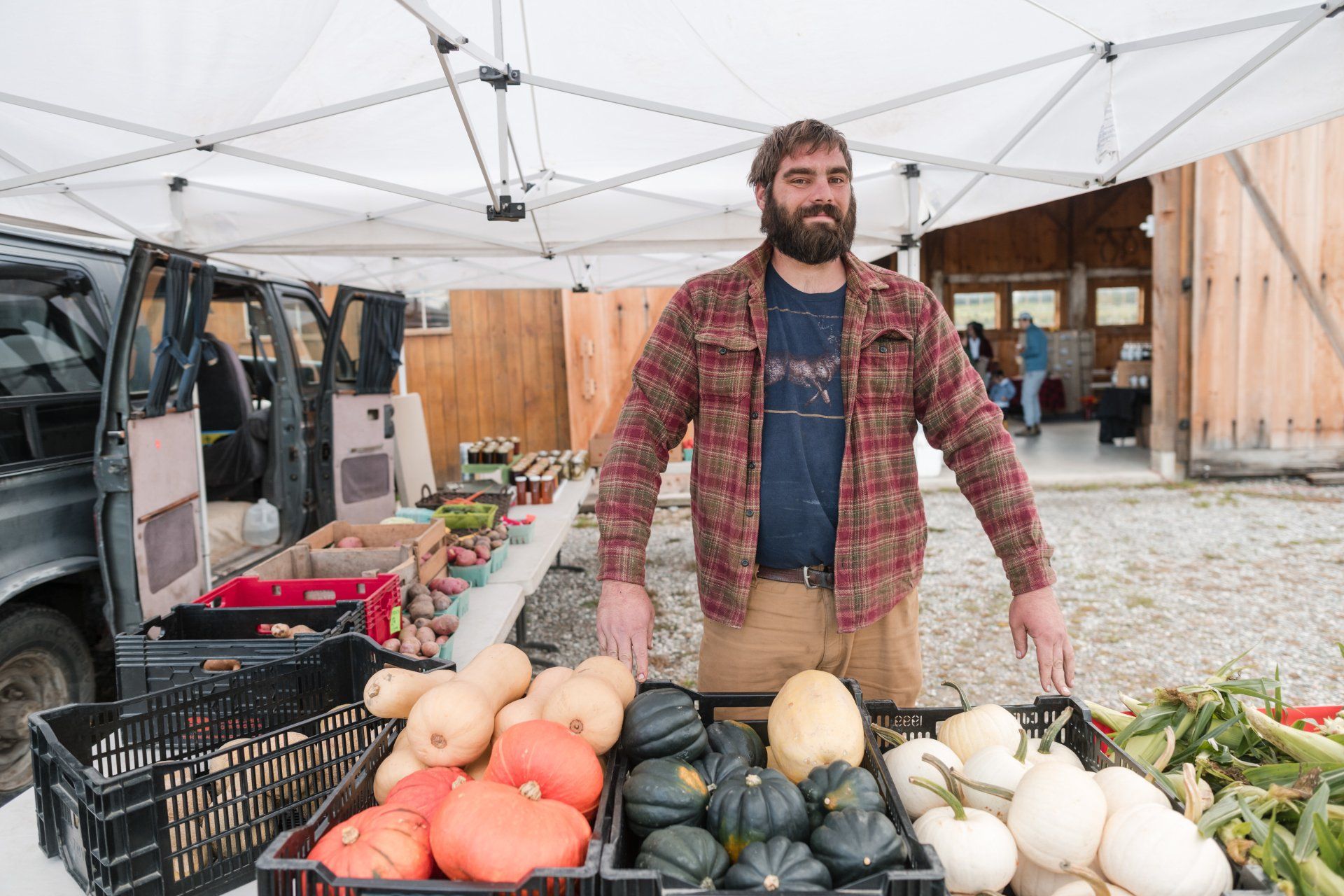
Challenges Facing Local Farmers Markets
Farmer's markets face several unique challenges; we explore some of these issues herein.
Access to Resources
Many of these markets are often held in areas with limited access to transportation and grocery stores, which makes it difficult for shoppers to get to the market, even if they want to. This leads to lower attendance and, consequently, a decrease in income for farmers. In addition, farmers' markets may lack the resources necessary to provide incentives and services. Without more resources, farmers' markets may be unable to implement innovative programming that could help them reach their full potential in serving the community.
Lack of Public Awareness and Support
Many people may be unaware of the benefits of shopping at farmers' markets, and even if they do have an understanding, they may not support the business due to the perceived cost or inconvenience. For farmer's markets to thrive, the public must be educated about the benefits of these markets and their services so that they can gain more patronage.
Competition from Large Grocery Retailers
Local farmer's markets often compete with large grocery retailers, making it difficult for them to succeed. Many large retail chains undercut farmers' markets on price and provide a wider variety of products. As a result, farmers' markets may be unable to attract enough customers to ensure sustainability.
Seasonality
During the winter, many farmers' markets close or reduce their hours, which makes it difficult for shoppers to purchase fresh produce. As a result, farmers may lose income, while customers may have to look elsewhere to find fresh produce. This can lead to decreased foot traffic and revenue for farmers' markets.
Limited Accessible Transportation
Many of the farmer's markets are located in low-income locations, making it difficult for people to access cars or public transportation to get to the area. Additionally, if there is transportation, the cost can be prohibitive for many families, thus reducing the number of those who can attend the market.
Lack of Diverse Producers
A lack of diverse producers at farmers' markets can be a huge challenge for customers. Often the variety of products available is limited, and the lack of competition among vendors can lead to higher prices and lower-quality products. Customers also want to buy from producers committed to sustainability and organic farming.
Lack of Government Support
Farmers' markets may lack access to government assistance or incentives. Without government subsidies, grants, or support, farmers' markets may be unable to lower prices or create new services, which could mean less revenue for them and less customer access.
Strategies for Supporting Your Local Farmers Market
Below are possible solutions that can help ensure a viable future for our local farmer's market.
Awareness
Raising awareness of and accessing local farmers' markets is critical to supporting them. Distributing flyers, handing out pamphlets, and engaging with social media are great ways to communicate their availability and advantages to the public. Word of mouth and talking to people in the community can also help to spread the word.
Support Local Businesses
Shopping regularly at local farmers' markets supports small businesses and promotes diversity. Many markets offer stalls with locally made arts and crafts, baked goods, meat products, and maple syrup Vermont. Shopping at the market supports the local economy and helps keep the market diverse and exciting.
Get Involved
Helping to manage stalls, setting up, organizing entertainment, working on educational programs, and volunteering in any other capacity that could benefit the market can help improve its reach and impact within the community. Consider joining the farmers market committee and making a real difference.
Focus on Nutrition
Promote citizens to focus on nutritious habits when shopping at a local farmers market. Offer cooking demonstrations and make recipes available to encourage healthier food choices. Free nutritional consultations are also a great way of helping to educate people on sound nutrition.
Educate Others
Reach out to schools, community centers, and other organizations to provide talks and workshops that teach about the benefits of shopping locally. Additionally, starting a blog or engaging with social media can reach a larger audience and spread awareness.
Donate
Donations of money, goods, or time can support the market. This can include anything from covering supply costs to providing incentives to shoppers. Donations can also help to fund educational programming and create access to fresh produce for low-income families.
Sell Seasonally
Encourage farmers to sell seasonal fruits and vegetables to reduce waste and support healthier produce. Discussing potential solutions, including reducing waste and providing fresh produce year-round, can promote sustainability.
Connect With Farmers
Building a relationship with the market's farmers can help identify critical issues impacting their businesses. Inviting them to forums and working together can help create positive change and develop new ways to decrease their stressors.
Invest in Technology
Technology can play a massive part in helping markets utilize digital tools to serve their customers better and run more efficiently. Investing in mobile ordering, payment systems, email lists, and social media can make a real difference in effective customer communication.
Speak Up
Speak up and make your voice heard locally, state, and nationally. Reach out to elected officials to support policies that will allocate more funding for farmers' markets and ensure they have the necessary resources to succeed. Representing their needs to the government will help to ensure their long-term growth.

About the author
Mike Isham
Meet Mike Isham, the heart and soul behind Isham Family Farm - a charming wedding and barn venue nestled in the beautiful Williston, VT. With over decades of experience in the wedding industry, Mike has witnessed countless couples exchange their vows and start their happily-ever-after at his family's farm.
For Mike, helping couples create their dream wedding is more than just a job - it's a passion. He takes great pride in providing a warm and welcoming atmosphere for every guest, and ensuring that every detail is taken care of. When you choose Isham Family Farm for your special day, you're not just getting a venue - you're getting a family who genuinely cares about making your wedding day unforgettable.


